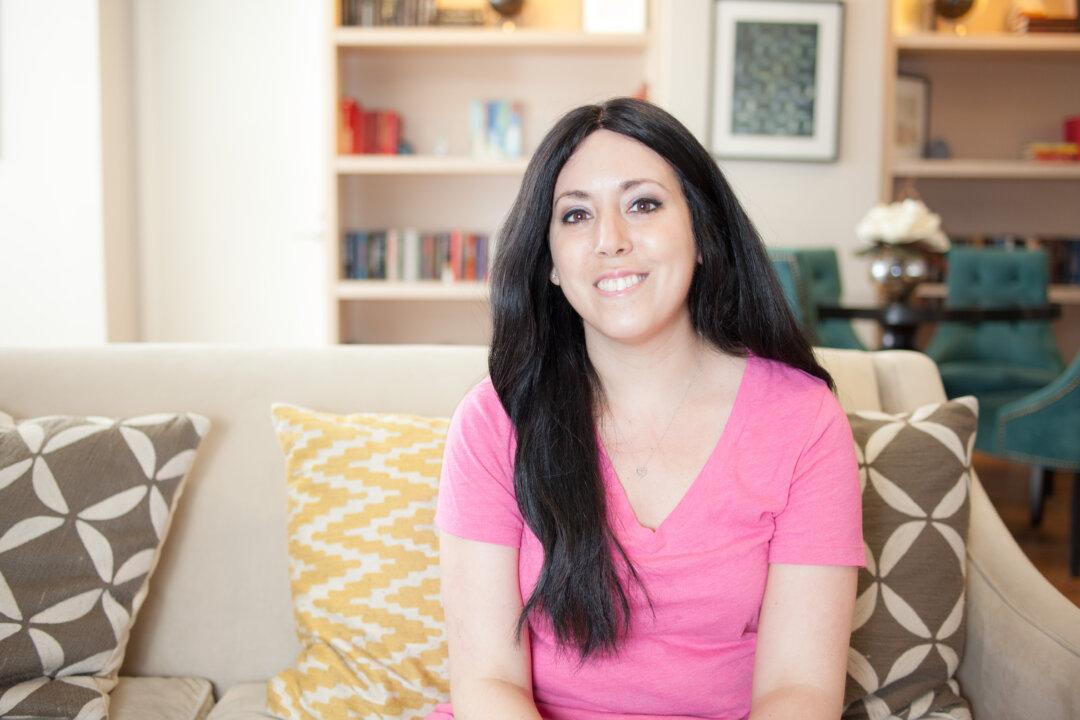NEW YORK—A cancer materialized and lurked in the bone marrow of Jamie Purzak’s ribs. She was 16 when she first felt the deep, gnawing pain. She thought it was because she overexerted herself. She was captain of the cheerleading squad. Not only that, but after an hour of jumping and tumbling each day after school, she'd go straight to work at a Long Island bakery until 8 in the evening. Who wouldn’t feel a little sore?
But it was a strange kind of sore. It was not in the muscles. It struck from within her bones.





